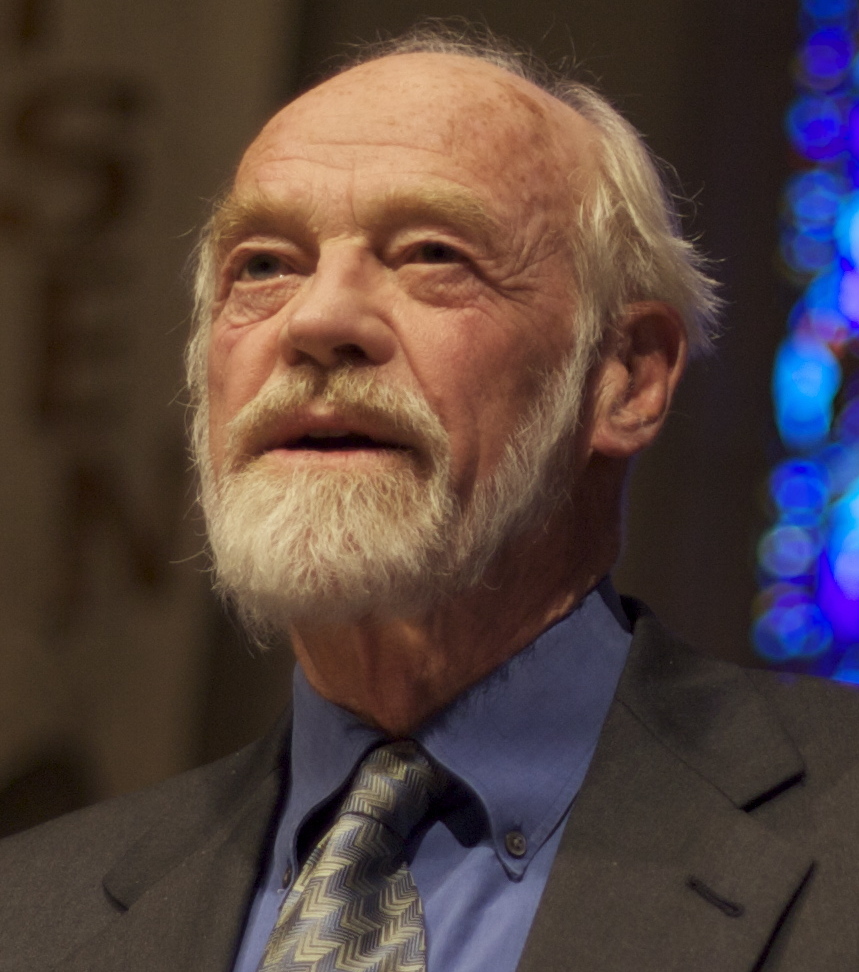
There is an old French fable about the Lord Jesus. I came across it several years ago and I’ve been considering it since. Now, it’s a legend–a story, a simple folk tale. But maybe it will speak to your heart like it did mine.
It’s said that wherever Jesus walked, flowers would grow in His footprints.
We experience moments of joy as we travel through life. Do you remember how life was before knowing Jesus? It was dull and empty. But now, as His followers, we walk on His beautiful path, learning to be obedient, grateful, and devoted in prayer and worship. It can be challenging, but can you sense the wonderful presence of Jesus? Do you notice the beauty around you?
Discipleship can be tough, but even in the hard times, it’s eternally worth it.
Perhaps we’ll see the flowers blooming as we follow in His steps.
I’m beginning to see His flowers that flourish in His steps through my difficulties. Jesus is close. Don’t be alarmed if your own walk takes you through this awful valley. Very often there are tears, but pay attention, our path is full of flowers. Even when we hurt. Especially when we hurt.
“Can we follow the Savior far, who have no wound or scar?”
Amy Carmichael
– Amy Carmichael
In life’s journey, amidst challenges and awareness of sin, it is important to remember to raise our heads, appreciate the beauty around us, and find joy in the presence of Jesus.
Worship out of affliction becomes a special sacrifice that God values highly.
When we come with tears into His presence it means something special to our Father. The combination of pain and praise is a potent spiritual mixture. I don’t think I’ve grabbed on to this yet. But no matter, my path to Him is flowered. And Jesus understands us.
I guess that he patriarch Job is a prime example of this. One of themes of the book is that his life is wrecked and his faith when almost is totalled. The writings of this ultimate sufferer are pretty profound.
“Though he slay me, I will hope in him.”
Job 13:15, ESV
Dear one, keep on the flowered path. Don’t look at this present and physical life, your gaze needs to be on eternity. Good things are about to happen. Remember that when times get rough.
“He will wipe away every tear from their eyes, and death shall be no more, neither shall there be mourning, nor crying, nor pain anymore, for the former things have passed away.”
Revelation 21:4, ESV





















